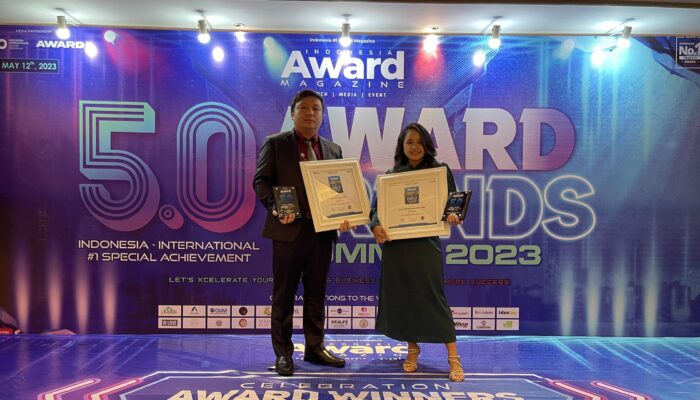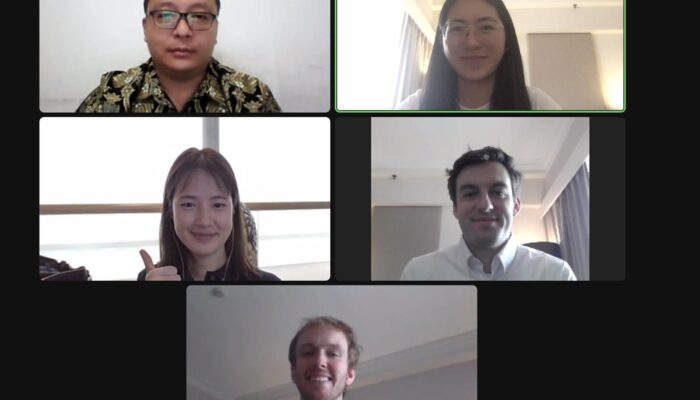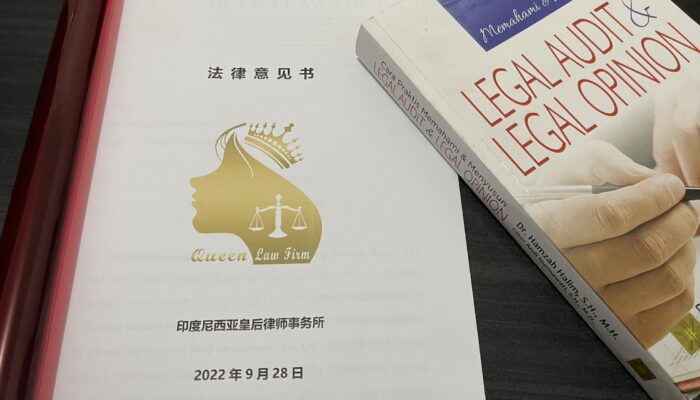In recent days, two distinguished lawyers from the Indonesian Queen Law Firm, Dr. Guan Yue and Eni Oktaviani, embarked on a crucial legal mission to Kunming, China. Simultaneously, they held a fruitful meeting with Lawyer Lin Yi from Shanghai Landing (Kunming) Law Firm.

Dr. Guan Yue expressed, “This journey is not only about handling cases but also strengthening legal cooperation between China and Indonesia. Our discussions with Lawyer Lin Yi will provide valuable legal insights, enhancing our ability to achieve better outcomes in case resolutions.”
Eni Oktaviani added, “Kunming is a vibrant city, and we look forward to gaining a deep understanding of China’s legal environment. Through collaboration with Lawyer Lin Yi, we aim to uncover legal solutions together.”

During the meeting with Lawyer Lin Yi from Shanghai Landing (Kunming) Law Firm, both parties delved into their respective legal systems, case experiences, and potential collaboration opportunities. This collaboration not only holds the promise of providing additional legal support for the ongoing cases but also solidifies a stronger bridge for legal cooperation between China and Indonesia.

This initiative of handling cases in China underscores the proactive role of the Indonesian Queen Law Firm on the international legal stage, injecting new vitality into Sino-Indonesian legal cooperation. Anticipating that both sides will jointly drive innovation and development in legal affairs through future collaborations.
















